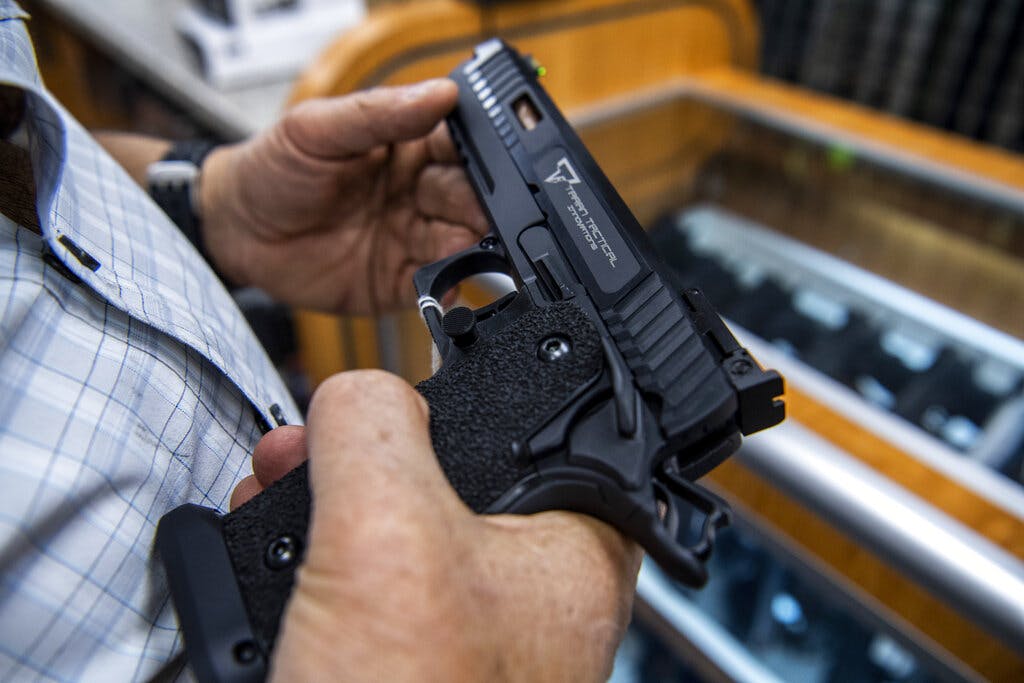
American, Japanese Forces Play Hyped-up ‘Iron Fist’ War Games Against Constant Threat of Communist Chinese Invasion of Taiwan
By DONALD KIRK
|The confusion around what is and what is not permissible following the Bruen decision will now face its first comprehensive test at the appellate level.

Already have a subscription? Sign in to continue reading
$0.01/day for 60 days
Cancel anytime
By continuing you agree to our Privacy Policy and Terms of Service.

By DONALD KIRK
|
By LUKE FUNK
|
By BRADLEY CORTRIGHT
|
By JOTAM CONFINO
|
By GEORGE WILLIS
|
By THE NEW YORK SUN
|
By MATTHEW RICE
|
By MATTHEW RICE
|